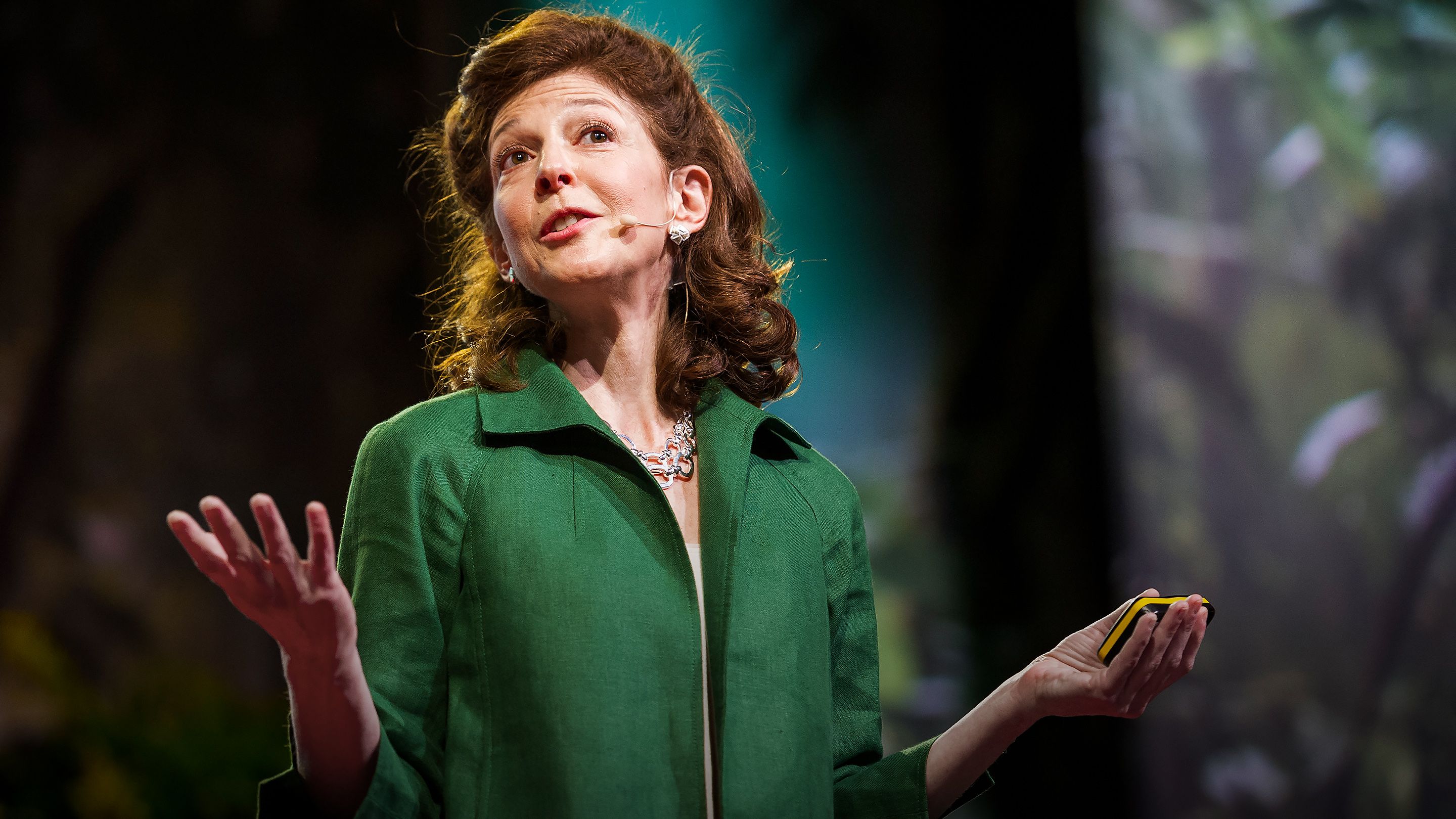How to spot a liar
33,672,433 views |
Pamela Meyer |
TEDGlobal 2011
• July 2011
On any given day we're lied to from 10 to 200 times, and the clues to detect those lies can be subtle and counter-intuitive. Pamela Meyer, author of "Liespotting," shows the manners and "hotspots" used by those trained to recognize deception -- and she argues honesty is a value worth preserving. (Contains mature content)
